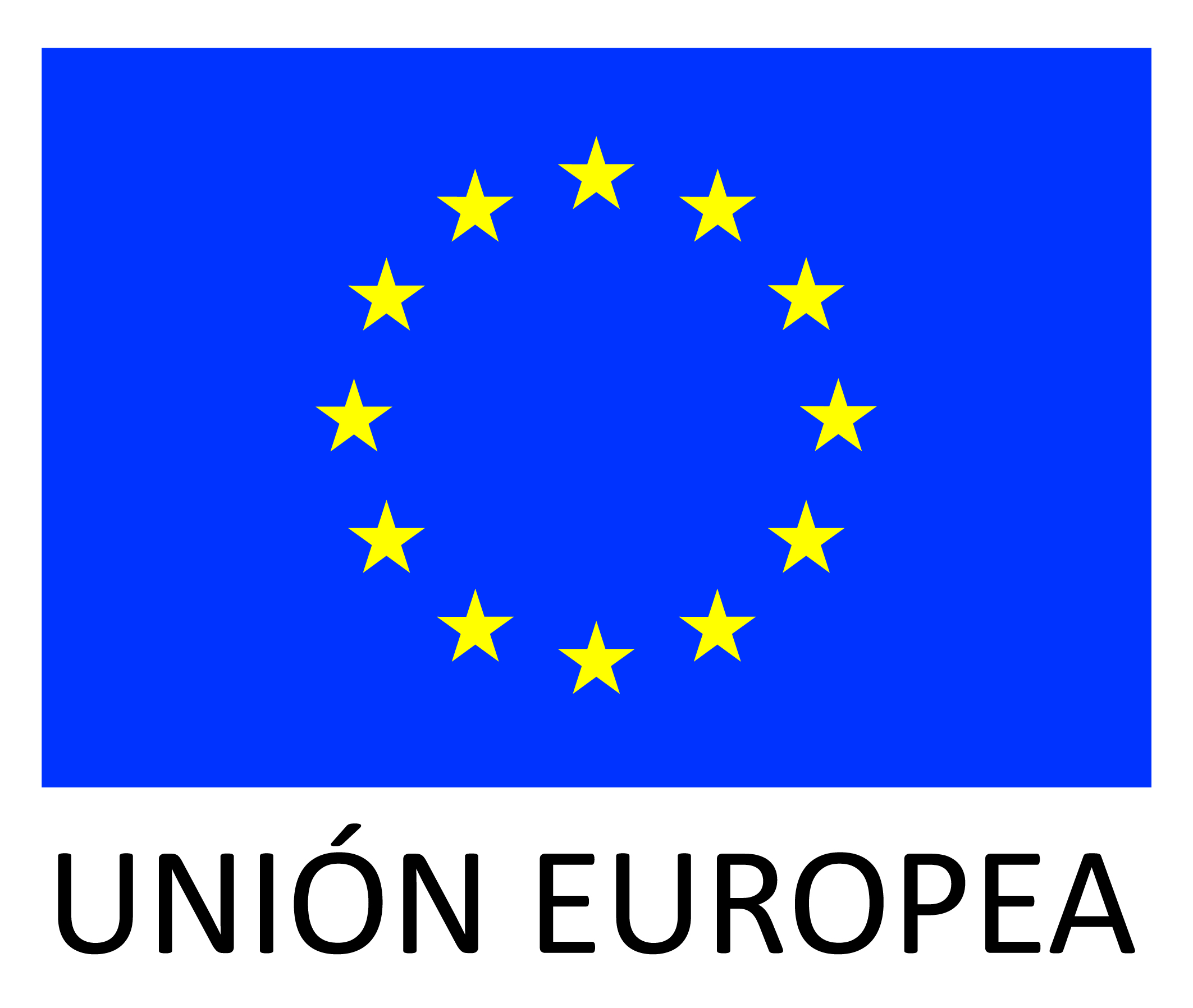1. What is a “cookie”?
Cookies are files that are downloaded to your computer when you visit certain websites. They enable sites to store and retrieve information about the browsing habits of a user or computer (site preferences, profile information, etc.) and, depending on the information they contain and the way the computer is used, may also be used to recognise an individual user.
Certain functions of the website www.unihabit.com require cookies to be enabled.
2. What information does a cookie store?
Cookies do not usually store sensitive information such as credit card numbers or bank details, passport/identification numbers, or other personal information. They more commonly store technical data associated with personal preferences, content personalisation, etc. The server associates this data with your browser, not with your personal identity.
3. How can cookies be classified?
By the period for which they remain active:
Session cookies: temporary cookies that are created when the user accesses a website and expire when the browsing session ends. They are not stored on the user’s computer.
Persistent cookies: they remain stored on the computer after the browser has been closed. They enable websites to recall user preferences and settings when they access the site again. These cookies remain active for a specified period of time, which may range from a few minutes to several years.
By the managing authority:
Proprietary cookies: created by the domain of the website the user has accessed, essential for the site to function.
Third-party cookies: installed via external sources inserted into a page on the site, such as advertisements or images. They gather information for statistical purposes.
By purpose:
Technical cookies: the most basic type of cookie, which identifies whether the website has been accessed by a human user or a bot, whether the user is anonymous or registered, etc. They support the basic tasks that enable a dynamic website to function correctly.
Analytical cookies: cookies that compile browsing information, including the most popular sections of a site, specific products consulted, user traffic at different times of day, the languages in which the site is browsed, etc. They are used to enhance websites on the basis of detailed analysis of users’ browsing habits.
Advertising cookies: provide essential information for managing the advertising content that appears on a web page, based on its users’ browsing habits, country of origin, language, etc.
4. Third-party cookie types, use and length of storage
The website www.unihabit.com uses the following third-party cookies to ensure full functionality and for statistical and/or commercial purposes:
1. Social media.
The website www.unihabit.com provides social media buttons that allow users to share relevant content across their networks. The cookies installed by social media channels allow you to share content without having to sign into your account. These buttons do not have access to the personal data you enter on the site.
For more information on the third-party cookies used by the social media channels linked to from our website, consult the specific conditions in each case:
Twitter: https://help.twitter.com/en/rules-and-policies/x-cookies
Facebook: https://www.facebook.com/help/cookies
Google: https://www.google.com/policies/privacy/#infocollect
2. Other cookie types.
Given the dynamic nature of the Internet and of individual websites, we do not always have access to full information on the cookies installed by third parties via www.unihabit.com. This is particularly true in the case of integrated content: text, documents, images or videos that are displayed via our website but stored externally. With this in mind, if you identify third-party cookies on our website that are not included in the list above, please take the time to notify us. You can also contact the third party directly to request information about the cookies it installs, what they are used for, how long they are stored for, and what measures are taken to guarantee the privacy of your information.
5. Accepting the Cookie Policy
A notice about the Cookie Policy is displayed at the top of the screen each time a USER begins a new session and accesses www.unihabit.com.
Having consulted this information, the USER may proceed as follows:
1. Accept cookies. The notice will not be displayed again when the USER accesses a different page on the site during the same browsing session.
2. Request more information. Complete information is available on the cookies used by the website www.unihabit.com.
6. Disabling cookies
The cookies stored on your computer can be disabled following your browser’s instructions (normally via the “Help” section). However, it is important to remember that disabling one or more cookies may detract from the browsing experience or impede access to the services offered via the website.
The cookie settings for the main web browsers can be accessed via the following links:
Explorer: windows.microsoft.com/es-xl/internet-explorer/delete-manage-cookies#ie=”ie-10″
Firefox: support.mozilla.org/es/kb/Borrar%20cookies
Chrome: support.google.com/chrome/answer/95647?hl=”es”
Safari: www.apple.com/es/privacy/use-of-cookies/
More information about cookies and how to disable them can be found at www.aboutcookies.org
7. Can cookies be deleted?
Yes. Cookies can be either deleted or blocked. You can choose to block all cookies or only those from a specific domain.
To delete the cookies installed by a particular website, you will first need to access your browser settings and locate the cookies associated with the domain in question. You can then choose which of them to delete.
Additional notes
Neither this website nor its legal representatives shall be held responsible for the content or the veracity of any privacy policies operated by the third parties referred to in this Cookie Policy.
Cookies are stored via your web browser, which should provide the settings that allow you to exercise your right to disable or delete cookies. Neither this website not its legal representatives can guarantee the correct or incorrect use of cookies by different browsers.
In some cases cookies may have to be installed to ensure that the browser recalls its decision to refuse them.
If you have any questions or queries about the Cookie Policy, send them to us via the contact form.

